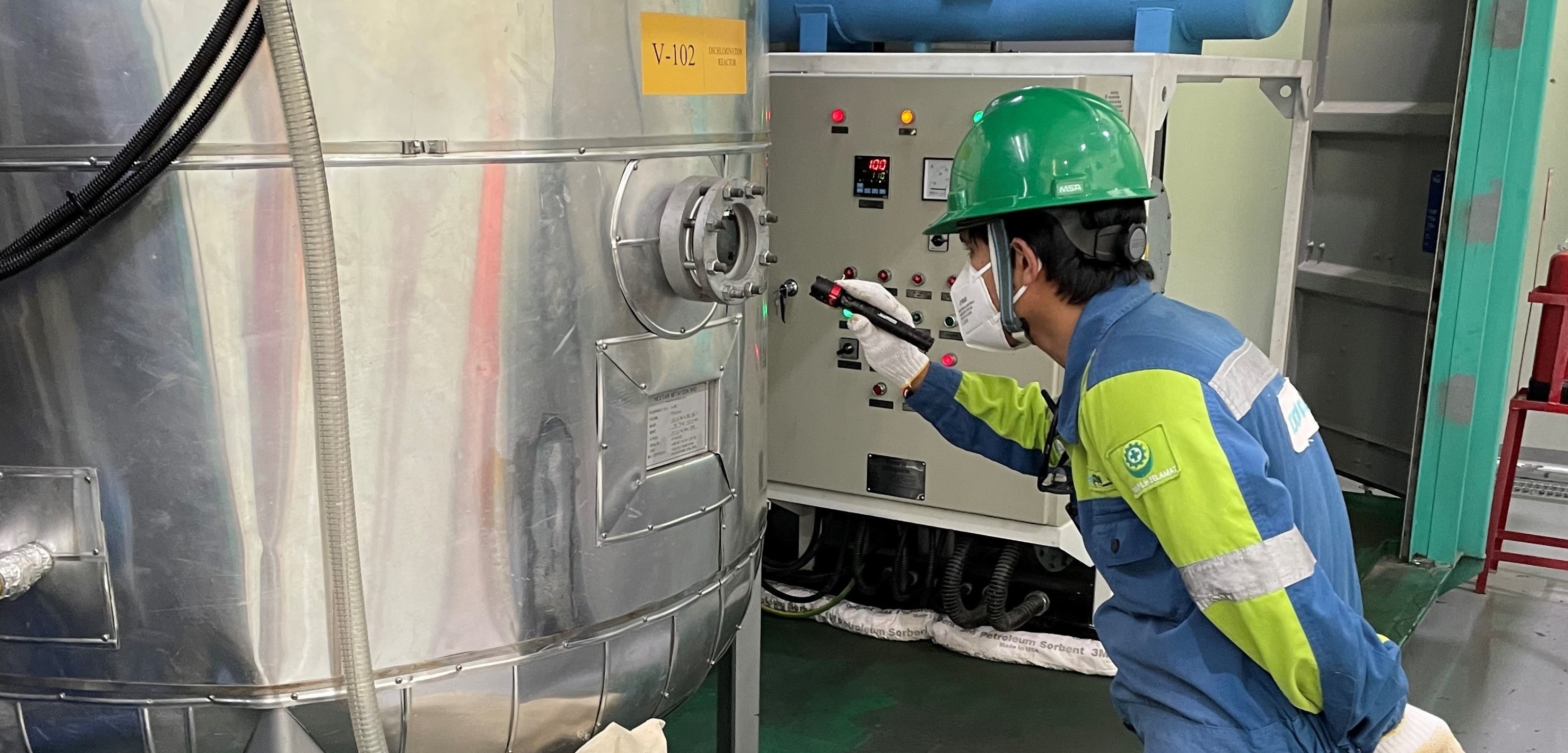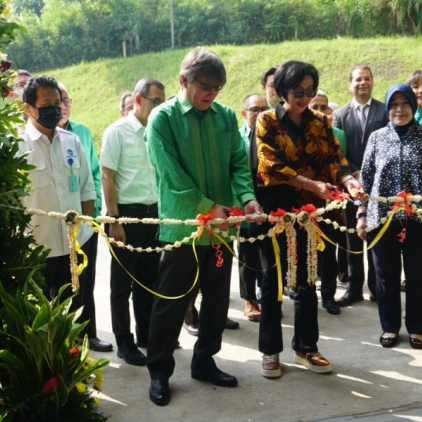Non-combustion technology for PCB decontamination
Eliminating highly hazardous and toxic compounds through innovative, non-combustion technology transfer
Overview
Approach
UNIDO promotes the use of non-combustion methods for PCB destruction, as recommended by the Stockholm Convention. The alternative method, using technology installed with the technical support of UNIDO in 26 countries, including Indonesia, is environmentally sound as it neither emits CO2 nor the toxic gases, dioxin and furan.
Ensure no harmful by-products such as dioxins, furans, or CO2 are released during the destruction process.
Non-combustion methods have been installed in 26 countries with UNIDO's technical support.
Projects are carried out in cooperation with national governments and private sector entities.
Impact
UNIDO interventions on PCBs management have achieved significant reductions, assisting various developing countries with meeting their obligations under the Stockholm Convention. For example, as of October 2023, the plant in Indonesia had treated around 80 tonnes of PCBs. The opening of the country’s first facility to treat PCBs in an environmentally friendly fashion is expected to help the country to get rid of 200,000 tons of the substance and another 600,000 tons of PCB-contaminated materials. The project also developed a strong Public-Private Partnership, achieving USD 2 million of private Investment from DOWA-PPLI.
Objectives
SDGs:
UNIDO Priorities:
Thematic Area(s):
“Today, 22 years since the adoption of the Stockholm Convention and 14 years since ratification, the Ministry of Environment and Forestry affirms that there has been no change in that commitment. In fact, the commitment has only grown stronger and will soon be integrated and implemented through the strengthening of various national mechanisms related to environmental management performance monitoring, including through the PROPER mechanism."

Technology Used
UNIDO aims to ensure that national environmentally-sound technologies, including non-combustion technology for PCB decontamination: (de-chlorination, oil regeneration, etc.) are available to PCB-owners. This allows them to destroy contaminated equipment and waste in a way that contributes towards national commitments under the Stockholm Convention.

Catalytic Outlook
A business-to-business approach between operating entities of the environmentally-sound methods, and owners of PCB wastes will facilitate sustainable operation in providing competitive services to PCB waste producers, which should be sustainable after completion of UNIDO projects.

Unique Solution Characteristics
The roadmap towards elimination of PCBs is challenging in many countries for two main reasons. Firstly, there is often a lack of knowledge around quantities of PCB-containing equipment and/or waste, and secondly, there are often high levels of PCB stockpiles. To overcome these barriers, a public-private partnership approach can be considered. This method has been chosen in Indonesia by the Ministry of Environment and Forestry and UNIDO through collaboration with PT Prasadha Pamunah Limbah Industri (PPLi) as the Operating Entity, which has now been granted an official operating license to operate the facility. Other countries under UNIDO projects have chosen similar approaches.
- Global Environment Facility




